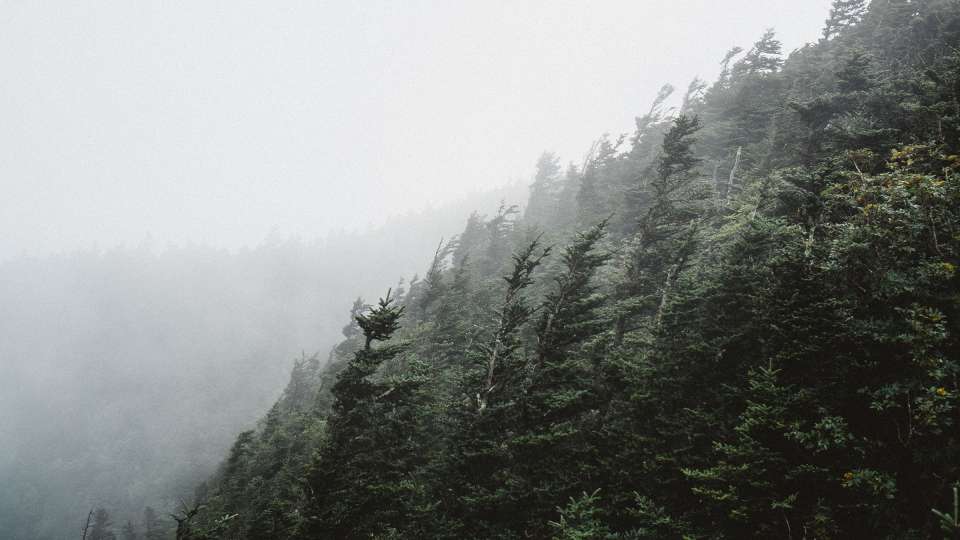When the Weather Huffs and Puffs, Follow These Wind Safety Tips

Here in Washington, we’re used to windy fall and winter weather. But just because it’s common doesn’t mean you should brush it off. Windstorms are no joke: A woman was killed during one recent windstorm. High winds can cause all manner of hazards, from fallen trees to sunken floating bridges.
“This time of year is particularly dangerous in the Pacific Northwest,” says Stephen Morris, M.D., M.P.H., an emergency medicine physician at UW Medical Center.
Even if the wind itself doesn’t cause too much damage, it can be a catalyst for things like long power outages that put people at risk. The infamous Hanukkah Eve storm of 2006, for example, left some people without power for a week, and several died from carbon monoxide poisoning after using outdoor heaters indoors.
So, how can you stay safe in the event another major windstorm hits? Morris has a few tips.
Be prepared
If a windstorm is in the forecast, make preparations. Buy any extra food or supplies you might need if there’s a power outage. Clear walkways of leaves and other debris, especially if you live with someone who is older or uses a cane or walker.
Hunker down, if you can
Try to avoid traveling during a windstorm. Biking and using a motorcycle are particularly risky, especially if there is water or fallen leaves on the ground. If you can also avoid driving, do. If you can’t, be on alert and extra cautious.
Leave gas or outdoor heaters outside, where they belong
If the power is out long enough for the temperature in your home to plummet, it can get pretty cold, pretty quickly. But no matter what, never use a heater inside unless it is approved for indoor use. Never burn charcoal indoors either. All of these things produce toxic gas that can poison you. Carbon monoxide is an odorless gas, so unless you have a carbon monoxide detector, you wouldn’t know the gas was present until you started feeling ill. Symptoms of carbon monoxide poisoning include headache, dizziness, weakness, upset stomach, vomiting, chest pain, and confusion.
Think safety first with flames
If the power goes out and you burn candles or logs in a fireplace, be extra cautious to prevent fires. Keep flames away from flammable objects. Keep candles in areas where they can’t be knocked over.

 Healthy ideas for your inbox
Healthy ideas for your inbox





